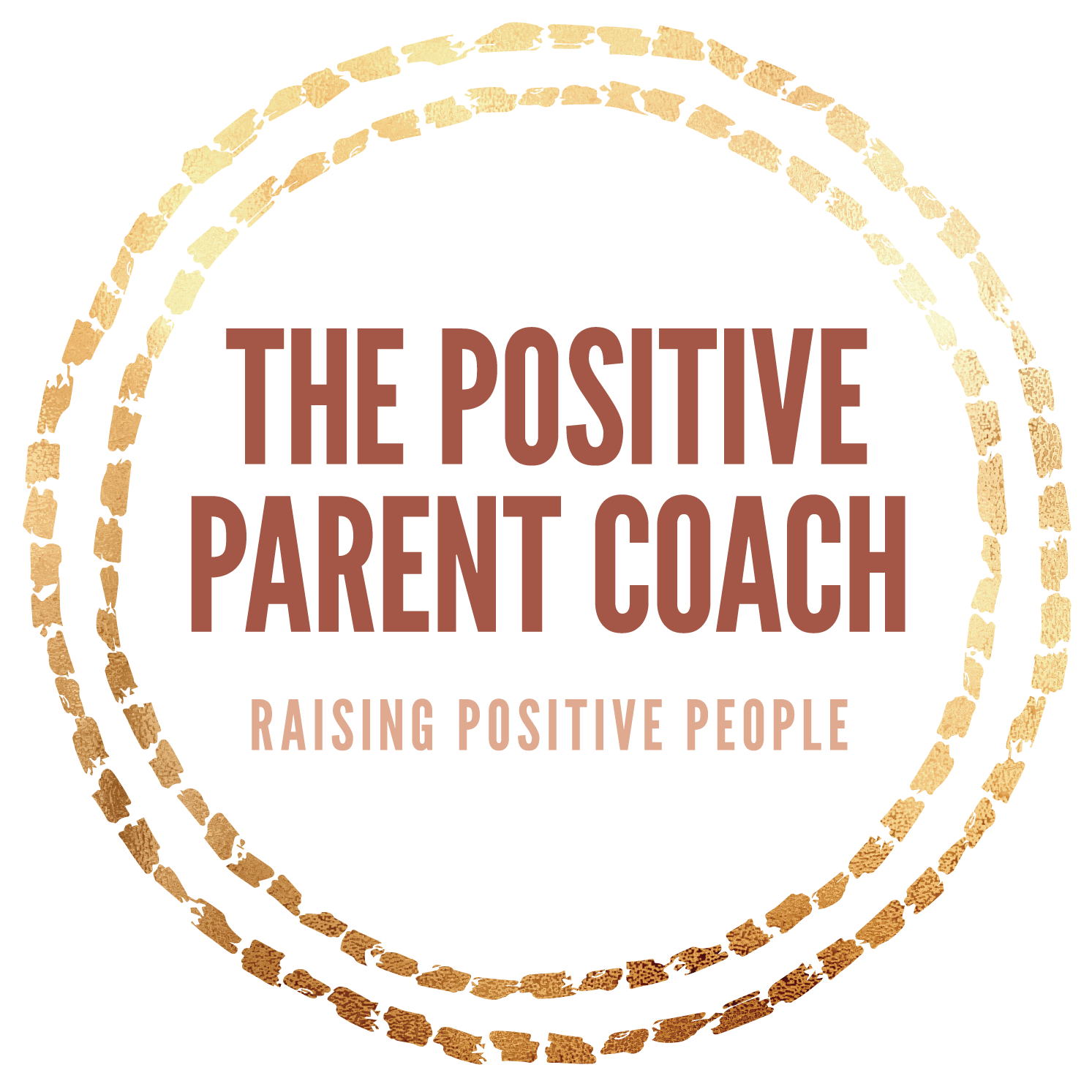After School Meltdowns: Why kids save their big feelings for home
If your child seems perfectly behaved at school but then falls apart the moment they walk through the front door, you’re not alone. Many parents describe feeling like they’re “walking on eggshells” after school, as their child explodes in tears, anger, or defiance. These after school meltdowns are incredibly common—especially for children who hold it all together during the day.
The good news? These meltdowns are not a sign that your child is being “naughty” or that you’re doing something wrong as a parent. In fact, they’re usually a sign that your child feels safe enough with you to let down their guard and release all the pent-up emotions from the day.
Why Do After School Meltdowns Happen?
Emotional Exhaustion – School demands a huge amount of self-regulation. Kids have to sit still, follow rules, navigate friendships, and focus for long stretches. By the end of the day, their emotional ‘fuel tank’ is running on empty.
Masking at School – Many children, especially sensitive or neurodivergent kids, work extra hard to “hold it together” in the classroom. They suppress big feelings and hide signs of stress, which then build up inside.
The Safe Base Effect – Home is where children feel safe to let their true emotions out. As tough as it is to face the outbursts, it’s also a compliment—it means they trust you with their hardest feelings.
Unmet Needs – Hunger, tiredness, and overstimulation are major triggers. By the time kids get home, their basic needs might be pushing them past their ability to cope calmly.
How Parents Can Help with After School Meltdowns
Here are some strategies you can use to make those tricky after-school hours calmer and more connected:
Create a Transition Routine – Instead of jumping straight into homework or chores, allow your child time to decompress. A snack, some quiet time, or a bit of outdoor play can help them reset.
Offer Empathy First – When your child explodes, lead with calm connection. Simple phrases like, “You’ve had such a big day, no wonder you’re upset,” help them feel understood.
Meet Physical Needs Quickly – A balanced snack and some water can work wonders for emotional regulation.
Keep Afternoons Predictable – Structure reduces overwhelm. Knowing what comes next helps kids feel safe.
Teach Healthy Release Tools – Encourage your child to use calming strategies: deep breathing, movement, art, or sensory activities can help them let out the tension of the day.
Supporting “Deep Feelers”
If your child seems especially prone to meltdowns—exploding over small frustrations, saying “it’s not fair” often, or struggling with correction—you may have a deep feeler. These children experience emotions intensely and need a slightly different parenting approach. With the right strategies, you can support them to regulate their emotions without explosive outbursts.
After school meltdowns are not about disobedience—they’re about release. By understanding what’s behind them and responding with calm, connection, and practical tools, you can ease the transition from school to home and strengthen your relationship with your child.
If you’d like more support, I offer workshops, coaching, and resources to help parents navigate big emotions and raise resilient, positive children. Reach out to learn more about how I can help your family thrive.

